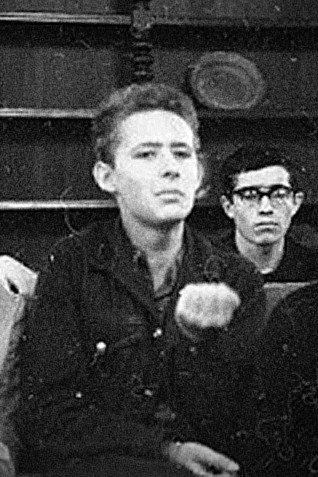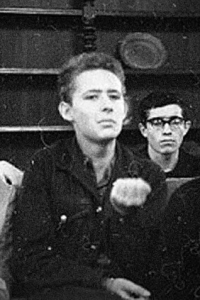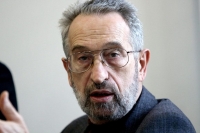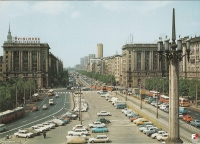After the invasion we laid flowers at the Czechoslovak Cultural Centre in Warsaw

Download image
He was born on 31 December 1945 in Minsk in the former Soviet Union. His parents, Grzegorz Smolar and Walentyna Najdus, were communist activists of Jewish origin. He studied at the University of Warsaw from 1967 and joined a group of left-wing rebels who protested against the ban on the theatre play Dziady in January 1968 and against the expulsion of students from the University of Warsaw in March 1968. In August 1968 he organised a protest in Warsaw against the occupation of Czechoslovakia, for which he was arrested. After returning from prison in 1970, he emigrated to Sweden with his wife Nina and their young daughter. He graduated in Sociology from Uppsala University. In 1973 he founded the political quarterly magazine Aneks with his wife and his brother Alexander, and later he founded the exile publishing house of the same name. In 1975 he became editor of the Polish section of the BBC in London, deputy editor in 1982 and head of the section in 1988. Until 1989 he was involved in smuggling literature into Poland and Czechoslovakia. In 1997 he returned to Poland. In 1998 he initiated the establishment of the Czech-Polish Forum at the Foreign Ministries of Poland and the Czech Republic, and for five years he was the chairman of its programme board. In 2021 he was living in Warsaw.


